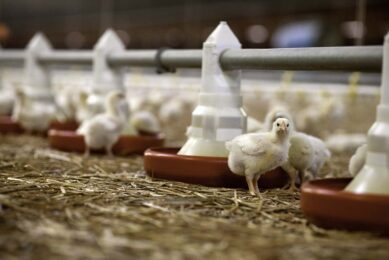The pressure is on

Last month world leaders gathered at the United Nations for a high level meeting on microbial resistance. With that, the health issue had the questionable honour of being added to a short list of 3 health issues ever discussed at this level, namely; HIV, non-communicable diseases and Ebola.
EXPERT
The pressure is on, when it comes to the (mis-)usage of antibiotics in humans as well as livestock. There is no doubt in the UN statements that the usage of antimicrobials in animal production is worrying the experts and that action is needed.
According to the UN, the high levels of resistance to antibiotics, as well as the spread of residues of these medicines in soil, crops and water, is considered the greatest and most urgent global risk requiring international and national attention. “AMR is a problem not just in our hospitals, but on our farms and in our food, too. Agriculture must shoulder its share of the responsibility, both by using antimicrobials more responsibly and by cutting down on the need to use them, through good farm hygiene,” said Dr José Graziano da Silva, Director-General of FAO.
Just a day after the UN meeting, first steps were taken by more than 250 global food and health leaders representing the public and private sector gathered in Washington at the One Health Summit, and declared priorities to help combat antimicrobial resistance as part of efforts to produce a sustainable food supply. A valuable first step, but with many still to follow.













